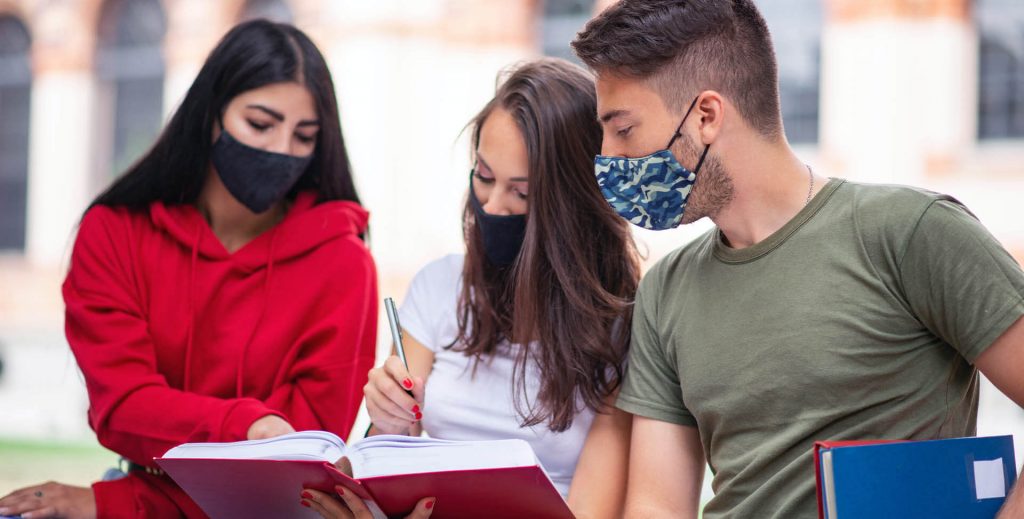60% of students are eager to return after the worldwide vaccination rollout has slowly restored order in schools and universities. After being able to go back, it’s likely that face-to-face instruction will help make up for lost learning time caused by the global pandemic. Schools and educational institutions are now faced with a huge responsibility when it comes down to precautionary methods in order to keep our children safe while at the same time helping them get up to speed with their learning.
Below are some mechanisms and capabilities that schools can implement to cope with the evolving phase of easing towards normalcy.
- Strict measures and regulations are suggested in order to stop the potential transmission of coronavirus in schools.
Schools need to take the necessary steps for protecting themselves and their students from infection. Measures include hand hygiene, respiratory etiquette, and physical distancing at most times when necessary. Changing up classroom layouts as needed or monitoring temperatures more closely so that schools can recognize potential cases of infections early on. This is crucial before they become a hotbed for infection which could result in larger transmission among infected individuals who show symptoms.
- Mandatory requirement of wearing face masks.
Schools need to make sure that all the teaching staff and students are wearing masks including class lessons. In addition, since the virus can be transmitted between humans through droplets and contact, effective partitioning in enclosed areas is also necessary
- Rescheduling the regular course timetable as a transition means.
Digital teaching has been helpful during the pandemic, but it also has its drawbacks. It’s understandable that some students may find it difficult to adjust well with the regular school schedule since they were not used to this before. Therefore, a half-day approach is appropriate at the beginning stage of going back to school after returning from the long online methodology of learning in order for them get comfortable and familiar with their surroundings again.
- Ensuring students’ mental health and well-being while school returns.
Students’ psychological states had deteriorated because of the prolonged school closures. Some students may be more vulnerable and in need of help and attention than usual. Hence, some instructions and supports are needed, for example, organizing more group activities to build up students’ personal networks and providing social assistance to those who are presently struggling with the financial situation during the crisis.
Details of reopening schools should be driven by the actual needs and opinions of stakeholders in place. Those possible concerns are best to solve if the mental support approaches can be co-designed with students, parents, caregivers and teachers.
Despite the situation of covid-19 improving, there is a growing need for schools to be concerned about physical safety being a priority on top of ensuring learning efficiency and psychological security and well being.
Avvanz is proud to present the Asia leg of our new EDUCATION webinar series–
FREE Virtual Zoom Event this July 1st 4PM SGT, and are extremely grateful for the kind participation of our speakers and panelists!
Our Distinguished Speakers:
Dr. Kevin House
Director of Education for Dulwich College International and Associate Professor in Practice, Durham University
Stuart McLay
Director of Education Quality Assurance & Accreditation at Vinschool Education System
Advance register here and we will send you the webinar details.



